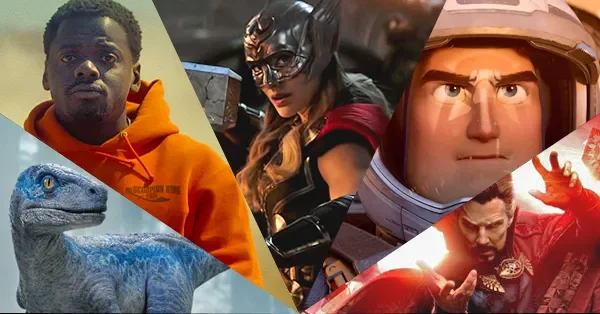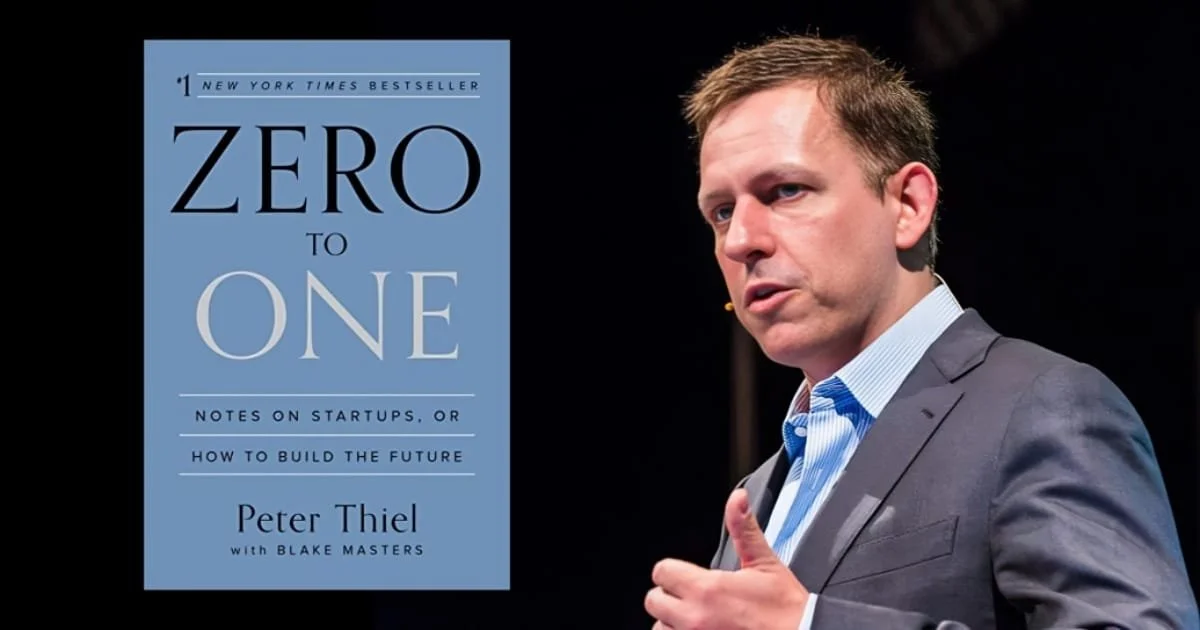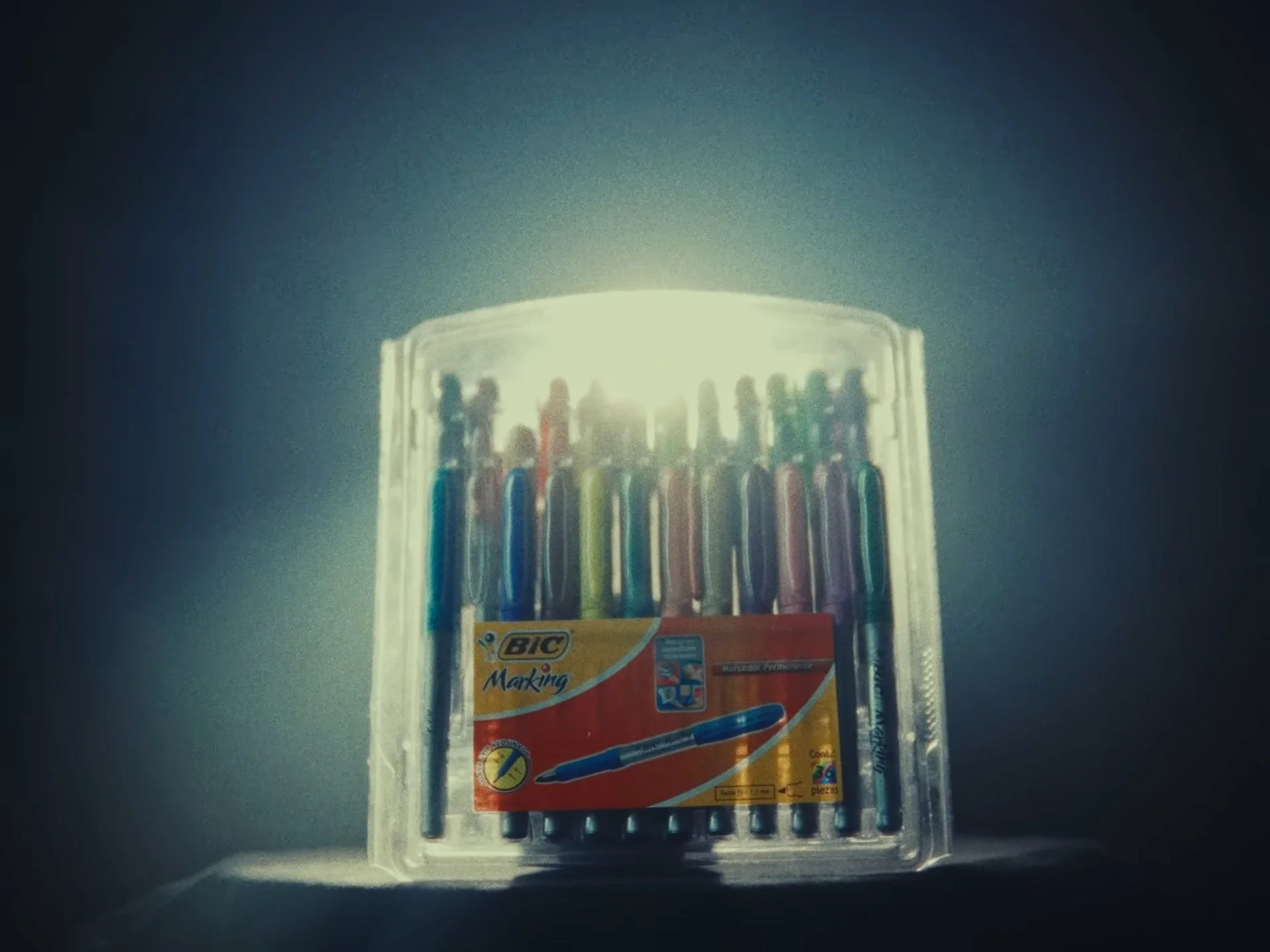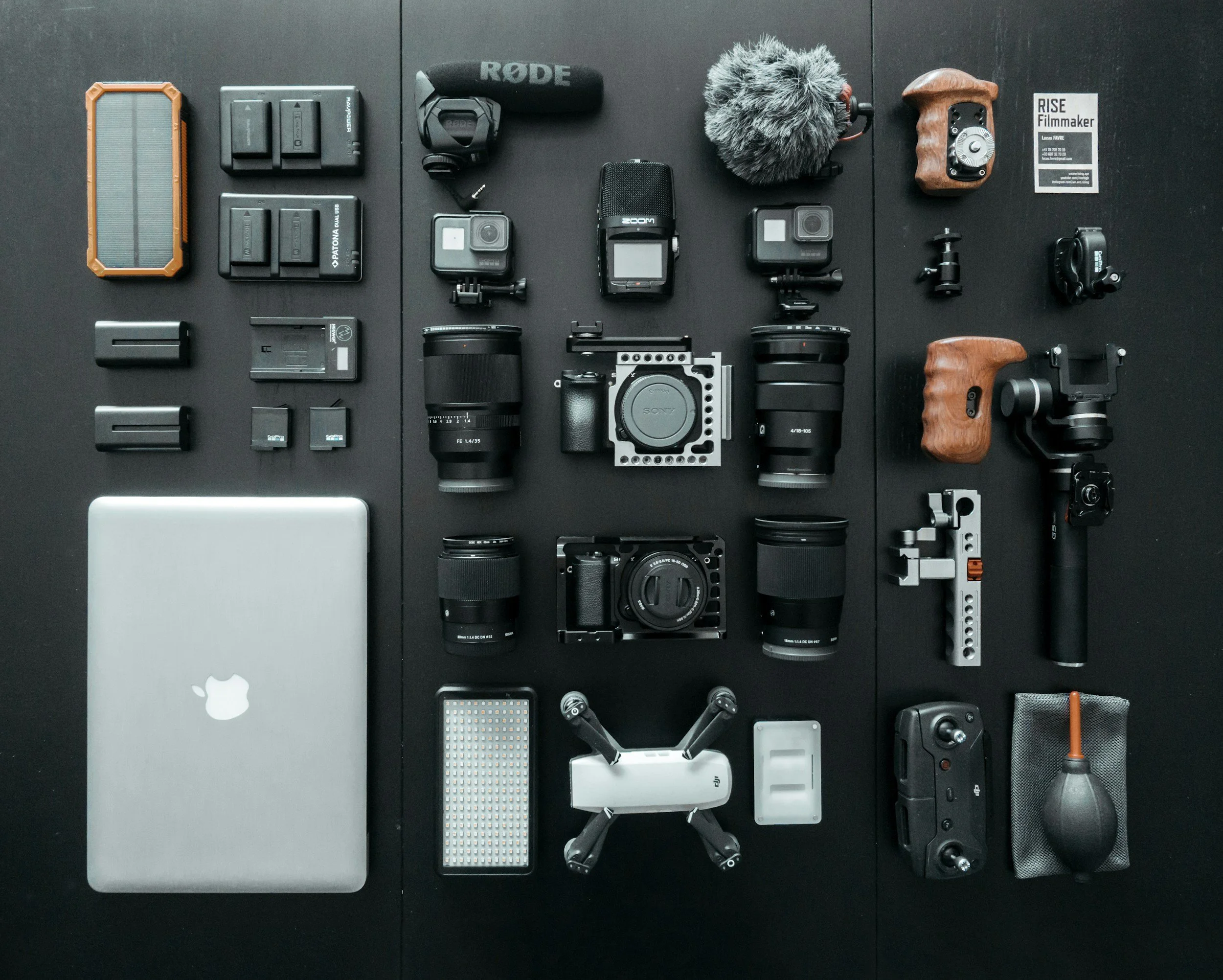Better together
Article based on the video “We Need a New Art Scene”
The Failure of Mainstream Media
It is hardly a secret that mainstream media institutions have largely lost the ability to tell stories that truly move people. One can invest hundreds of millions of dollars in a production, yet it fails to resonate because it conforms to no deeper natural or moral order. There is no genuine telos—no authentic purpose—driving the characters at a profound, even spiritual level. Contemporary writers and artists overwhelmingly reject the existence of any transcendent or divine law that might define what man is, what he ought to strive to become, and what he is capable of becoming. They treat human nature as infinitely malleable, or as raw material for deliberate transgression. The inevitable result is an inability to create stories that feel archetypally true. Even the concept of a universal “mono-myth”—whether one fully accepts it or not—once provided a framework potent enough that a filmmaker like George Lucas could draw upon it to shape culture in ways that still echo today.
The Gatekeeping Problem
The deeper problem lies in the gatekeeping function of legacy institutions—Hollywood studios, major record labels, the New York publishing world, and their equivalents in theater and fine art. These organizations systematically exclude (or fire) creators who possess an intuitive, accurate understanding of human nature and who are therefore capable of producing work that speaks powerfully to the real human condition and to man’s spiritual dimension. I see no evidence that this situation will reverse itself anytime soon.
The Solution: Building a New Ecosystem
The only meaningful response is to build an entirely new artistic ecosystem from the ground up: new networks, new institutions, new pipelines for funding, production, and distribution that bypass the stagnant gatekeepers altogether.
The Need for Institutional and Technological Art
Such an undertaking, however, cannot be accomplished in isolation. Almost all genuinely culture-shaping art being produced today is, at its core, both technological and institutional. It demands high levels of coordinated effort—sometimes armies of specialized people working in concert. Film remains the pre-eminent “total work of art” of our era, with video games a close second. A modern feature film is less like a solitary act of creation and more like combined-arms warfare: hundreds or thousands of individuals, each with narrow expertise, marshaled toward a singular vision under disciplined leadership. Make no mistake: art at this scale is part of a cultural and spiritual contest, and the most successful films function, intentionally or not, as instruments in that contest.
Hollywood has achieved astonishing technical mastery. Camera systems, digital-effects pipelines, pre-production workflows, location scouting, lighting, color grading—every layer of the machine touches is executed with near-military precision. Yet because the underlying scripts so often misread or deliberately subvert authentic human nature, the entire colossal effort is directed toward something that ultimately feels hollow. Hundreds of millions of dollars and thousands of man-years of labor are expended on projects that fail to strike the heart, because the subconscious recognizes—correctly—that they are, on some fundamental level, untrue, or even actively hostile to the human spirit.
The Role of the Solitary Creator vs. Collaboration
That said, there remains immense value in the solitary creator who works free from committees and corporate oversight. Many of the very best ideas arrive in silence, on a walk, in conversation with nature or the muse. Solitude is indispensable. Yet if one wishes to produce work of genuine complexity and scale, collaboration becomes non-negotiable. Teams are required—people with deep specialty skills in cinematography, editing, sound design, scoring, and so forth.
For my own part, I have reached the point where I can only advance so far as a lone operator. I can continue honing my craft, studying story structure, improving my eye—but there is a hard ceiling. To break through it, I must identify and bring skilled collaborators into my shere: cinematographers, editors, composers, audio engineers, fellow writers, even influencers who have already established audiences through their unique strengths and have a deep parasocial connection with those audiences. The most impressive independent productions one sees today, even of people who appear to be solo like many travel influencers, are rarely truly solo efforts; they are the product of tight, high-trust friendships and teams on both the creative and promotional sides.
The Importance of Distribution
Peter Thiel, in Zero to One, makes the blunt but accurate observation that great distribution almost always beats great product. A merely good work that reaches millions will shape culture far more than a masterpiece that remains unseen. This is why brilliant low-budget or indie films with unknown casts routinely disappear, while heavily marketed studio pictures — however flawed — dominate the conversation. As creators, we may find this reality distasteful, but wishing it away does not change it. The purpose of art is ultimately to be experienced by the right audience; obscurity, however noble it may feel, is failure by that metric.
None of this should discourage anyone from creating alone at the beginning. Solitude, quiet, and freedom from interference remain essential. I recommend you should continue to build your portfolio, find whatever audience you can, tell simple stories with the means at hand. Just understand that reaching the highest levels of impact almost always requires — whether we like it or not— larger teams, strategic distribution, and some degree of name recognition or existing platform.
Social Media and Algorithms
Social-media platforms exhibit the same dynamic through network effects and exponential growth curves. The early grind is tough as visibility is hard to achieve. Yet persistence, combined with continual improvement, eventually produces momentum that compounds rapidly. It is easy to blame “the algorithm” for one’s lack of reach and success, and granted this is partly true as the implementation of short-form algorithms has genuinely shaped the neural archetecture and attention spans of common people today, and algorithms have are trending to favor lowest-common-denominator audiences and require baser stimuli, but the greater challenge, and the one we as creators actually have control over, is to take on this up hill battle and become significantly better than the competition. Let the evolutionary pressure drive us to pursue genuine mastery of one’s craft in every dimension we can control.
The Call to Build
In the end, lasting recognition requires an entire ecosystem: talented artists, discerning critics and reviewers, passionate patrons and fans, and influential voices willing to champion and promote worthy work. What we need now require is the deliberate construction of that ecosystem—one that operates parallel to, and ultimately in competition with, the corrupted legacy institutions. That is the real work ahead and I invite you to join me in it.










